In the ever-evolving landscape of electric vehicles, Tesla, the trailblazing electric car manufacturer, has once again captured headlines with its recent agreement with BHP, the world’s largest mining company, regarding nickel supply. This partnership is not just a business transaction; it signifies a pivotal advancement towards mass production of Tesla's high-nickel batteries, a crucial component for electric vehicles heralded for their efficiency and eco-friendliness. As environmental concerns grow, the relevance of sustainable materials becomes paramount, making this agreement particularly noteworthy for not only Tesla but for the electric vehicle industry as a whole.
The push for cobalt-free batteries is not merely an innovation strategy for Tesla, but a necessity driven by resource scarcity. Cobalt, a critical element in many batteries, has seen its global reserves plummet, with estimates indicating only about 7.1 million tons remain. Within an era when demand for electric vehicles is on an unprecedented rise, and anticipated production increases, the usage of cobalt could lead to a resource crisis within a few decades. Calculations suggest that producing a single Tesla Model S uses approximately 13.68 kg of cobalt. Assuming that around 30% of existing cobalt reserves are allocated to electric vehicles, this would allow the production of approximately 170 million vehicles, assuming a standard sales rate of 5 million vehicles annually; without new sources of cobalt, we could run out in 30 years. This scarcity leads to rising prices and escalating battery costs, thus driving Tesla’s commitment to ruthlessly pursue cobalt-free alternatives.
Back in July 2020, Tesla's CEO, Elon Musk, hinted at unveiling a cobalt-free high-nickel battery during Tesla's Battery Day event, which ultimately took place in September due to pandemic-related delays. During that event, Musk boldly declared Tesla's intention to pivot from cobalt-based vehicles to nickel-based models, an essential move as the company seeks to meet soaring global electric vehicle demands efficiently.
In the context of Tesla's various vehicle lines, especially the energy-intensive Cybertruck and Semi, a commitment to 100% nickel utilization is anticipated while other models will integrate nickel with diverse chemical compounds. This approach not only facilitates large-scale production but also emphasizes Musk's call for environmentally responsible nickel mining practices. He noted that if companies could effectively and sustainably mine nickel, Tesla would reward them with extensive long-term contracts, showcasing his focus on forging sustainable supply chains.
Tesla's swift advancements in high-nickel battery technology became even more pronounced with their upcoming Model Y, produced in Shanghai, set to incorporate LG Energy's NCMA battery—containing a staggering 90% nickel and reducing cobalt content to below 5%. This specific battery shape is built in the 21700 cylindrical format, marking a transition from older battery models like the NCM 811-type cells currently supplied by LG to Tesla's Shanghai models.
Major players in the battery market, including Japanese and South Korean giants like Panasonic, LG Energy, Samsung SDI, and SKI, have begun to produce or announced plans to mass-produce new nickel-rich batteries, marking a shift to what is being termed the "9-series" era of high-nickel power. Notably, CATL, China's dominant battery producer, is also pushing forward with high-nickel battery development.
The recent agreement with BHP signals an impending era where high-nickel batteries may soon reach mass production status, suggesting potential positive movements in nickel resource pricing. Observably, stocks related to lithium batteries have seen meteoric rises, buoyed by interest in mining resources or related raw material stocks. This trend indicates an intense market focus on these essential lithium resources as time progresses.
Further commenting on this agreement, BHP stated that its Nickel West operations based in Western Australia would be the supplier of nickel for Tesla. Although specifics regarding the deal remain sparse, both entities have expressed mutual commitment towards making the battery supply chain more sustainable—hinting at possible innovative practices that could emerge in the industry.
Musk's repeated concerns regarding future nickel supply highlight the challenges of sustainable sourcing in a marketplace poised for exponential growth. The demand for nickel is expected to surge alongside increasing electric vehicle adoption, prompting Musk to implore miners to ramp up nickel production, ensuring that Tesla continues to have the necessary resources to support their growth.
However, a looming crisis in nickel supply is brewing, particularly emerging from Indonesia, which accounts for roughly a quarter of the world’s identified nickel reserves. The country’s nickel mines, heavily concentrated in Sulawesi, have become a target of scrutiny, especially after Indonesia implemented a near-total ban on nickel ore exports in efforts to bolster local processing industries. In essence, about 70% of Indonesia's nickel is shipped to China, which, following this ban, has found its domestic market struggling with inflated nickel prices generated by supply constraints. Consequently, Chinese nickel refining enterprises are investing in the Indonesian infrastructure while trying to navigate the new challenges posed by the export ban.
Tesla’s suppliers, particularly leading entities like CATL, are also proactively seeking to establish high-nickel battery manufacturing bases in Indonesia. This is critical as continuous export restrictions tighten nickel resources further. This raises significant implications not only for supply chains but also for the electric vehicle market at large, as manufacturers race against time to secure essential materials.
Nickel, often referred to as the “vitamin for the steel industry,” is generally utilized in a myriad of applications with approximately two-thirds of current nickel consumption directed towards the stainless steel sector. Its burgeoning role within the electric vehicle industry, however, has precipitated an urgent demand for nickel as automakers adopt it to enhance battery performance and efficiency.
For instance, Tesla alone, in its landmark production year of 2020, is projected to generate a demand for around 216,000 tons of nickel sulfate, significantly influencing global markets and accounting for nearly half of the current demand from downstream industries. The ripple effect caused by Tesla’s operational scale may also inspire other manufacturers to follow suit in employing NCA cathode materials, which could lead to an explosive growth in global nickel sulfate demand over the next few years.
The stock market’s preoccupation with this ongoing nickel dilemma has unveiled a rapidly shifting environment, where interest in nickel-related stocks, such as the recently defunct Ji’en Nickel Industry, has fluctuated greatly as investors strive to capitalize on the electric vehicle boom and its infrastructural demands. The growing focus on companies that deal with nickel and related materials spells out a keen awareness of the unfolding resource constraints that come with rising electric vehicle adaptation.
Nickel sulfate, emerging as a cornerstone in battery manufacturing, merits attention as it is a crucial raw material for the tech behind electric vehicles. Key production methods of nickel sulfate span various industrial processes, including chemically dissolving nickel hydroxide in sulfuric acid to achieve crystalline nickel sulfate or extracting it from copper refining processes, reflecting a diverse method base. Notably, companies like Jinchuan, Yunnan Tin Company, and others in China are pivotal contributors in this segment of the industry, showcasing the importance of establishing robust, diverse pathways in nickel sulfate production to align with the booming demand.
In conclusion, the recent developments in Tesla's high-nickel battery production herald a transformative phase for the electric vehicle industry. With sustainable sourcing becoming increasingly crucial amidst looming resource shortages, partnerships such as that with BHP could pave the way for a more sustainable and resilient supply chain, which, in turn, promises to revolutionize the battery and electric vehicle landscape as we know it.

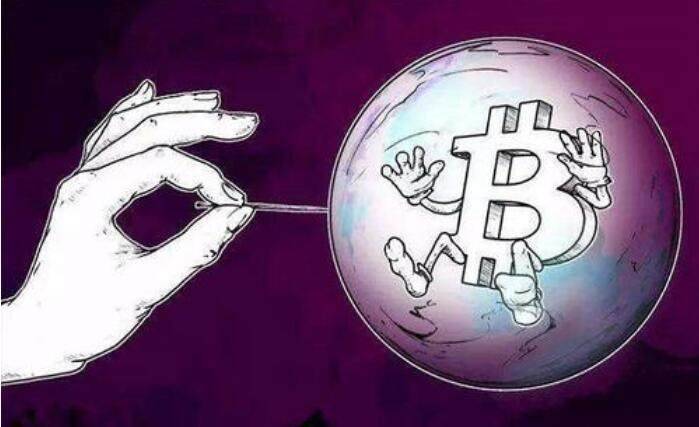
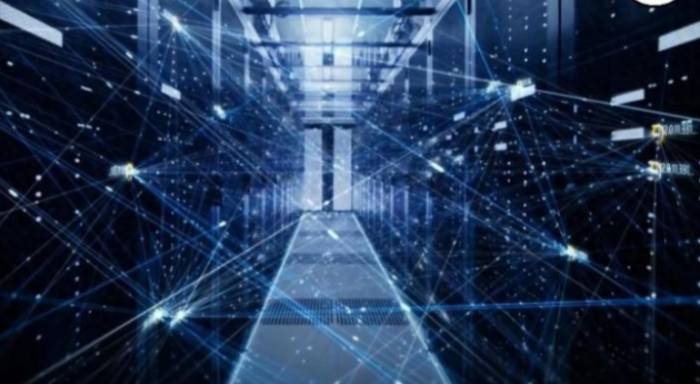
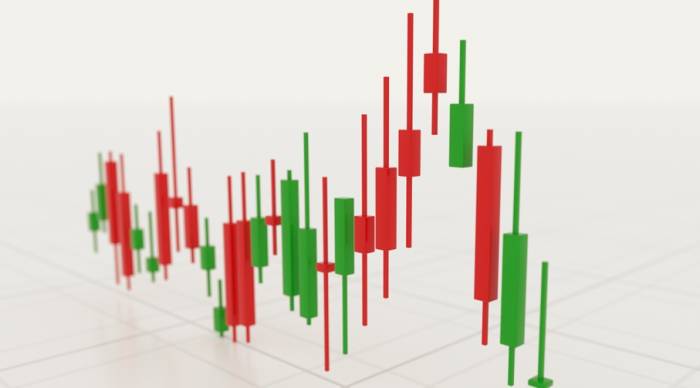
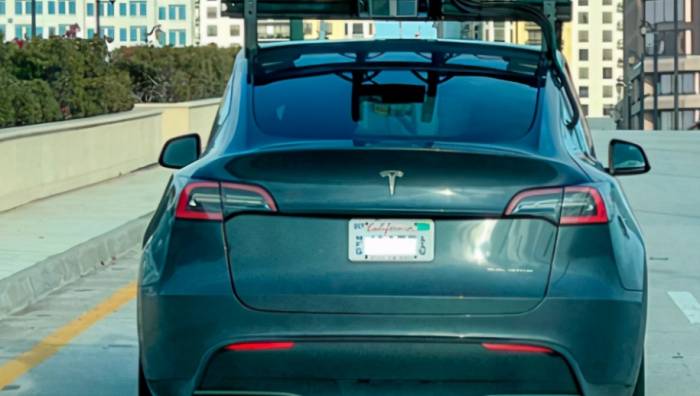
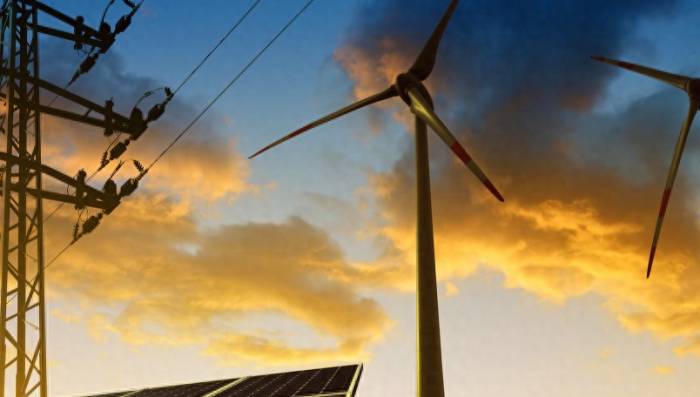
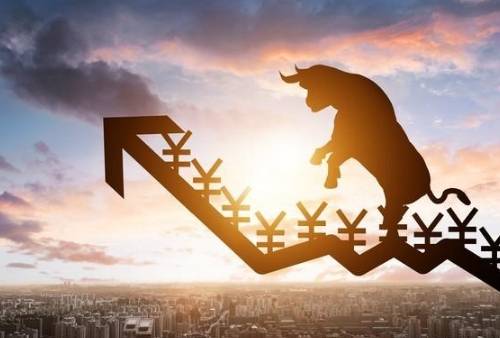
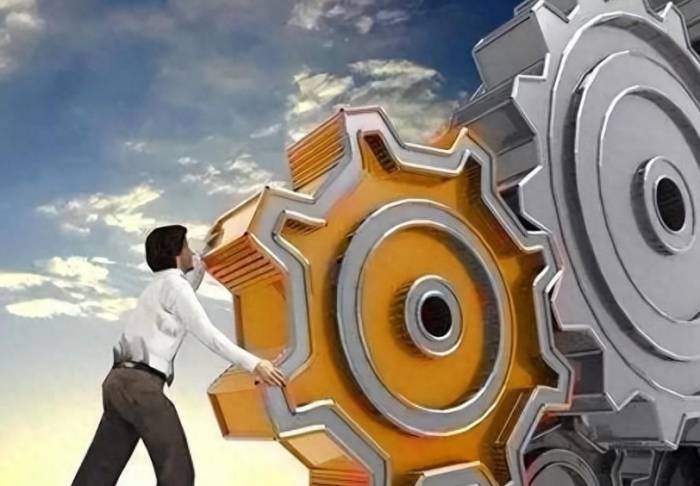
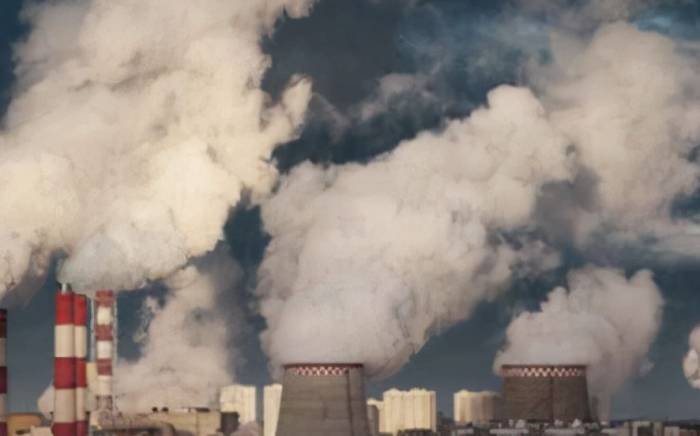
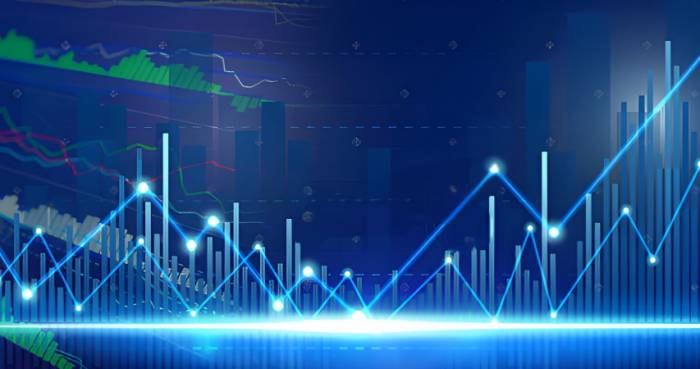
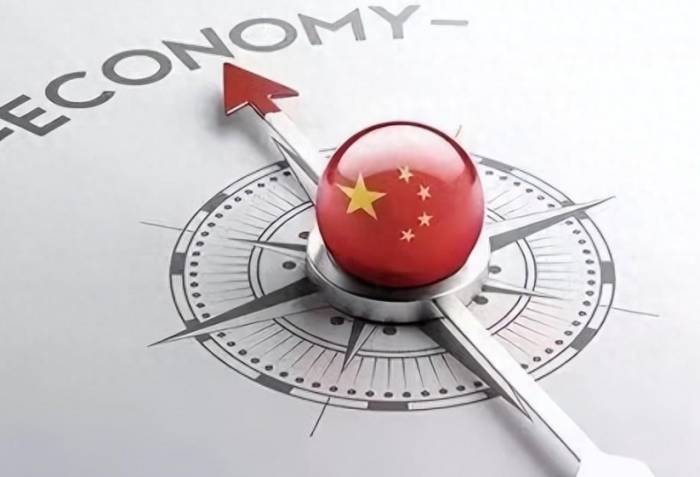
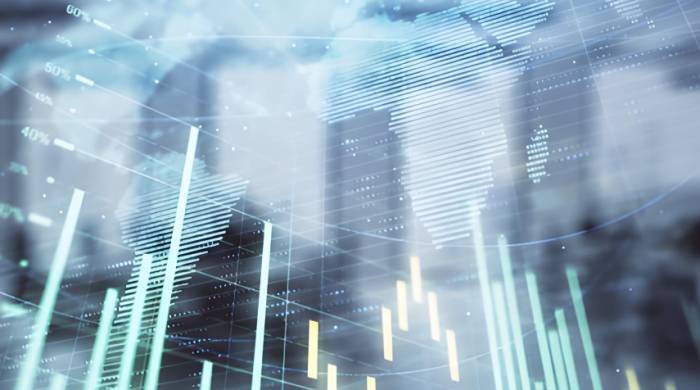
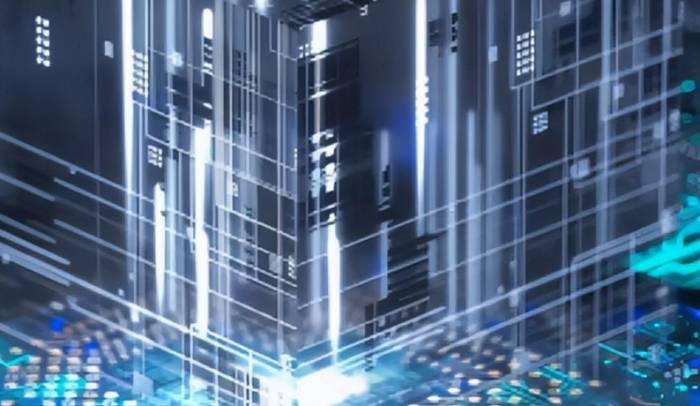
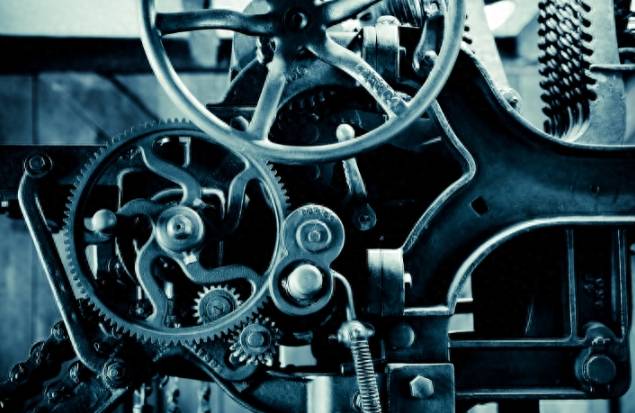
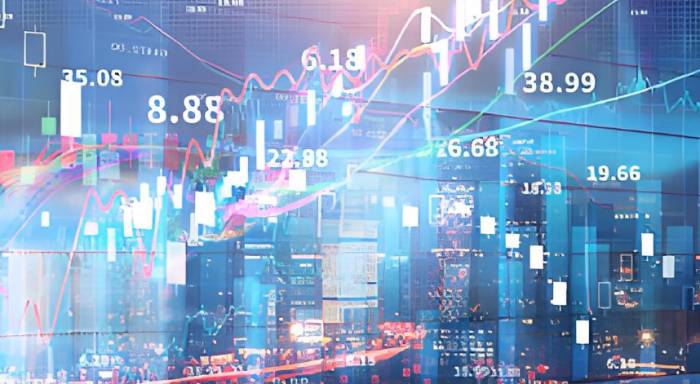
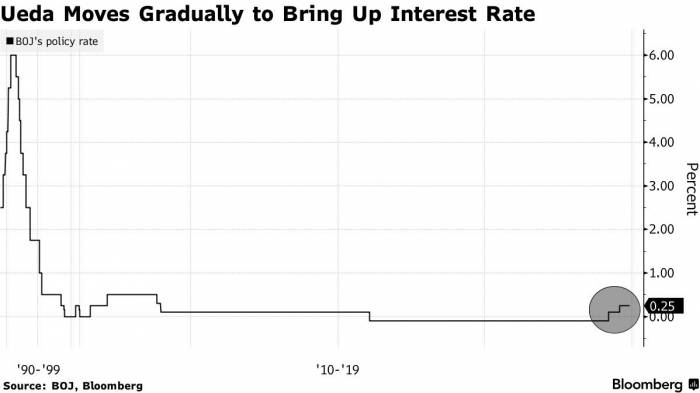
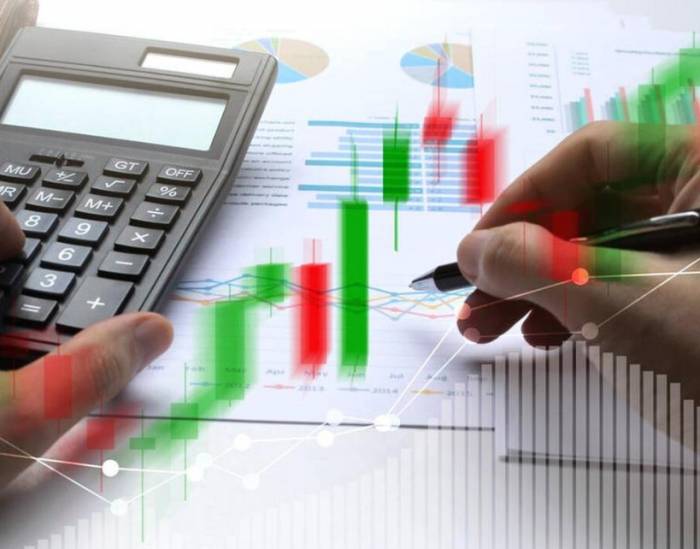
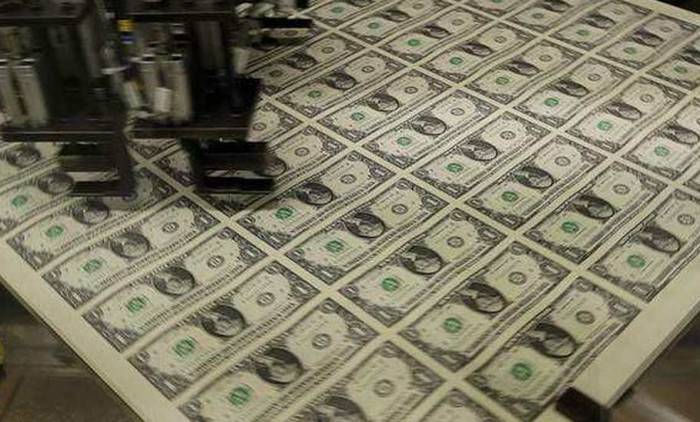
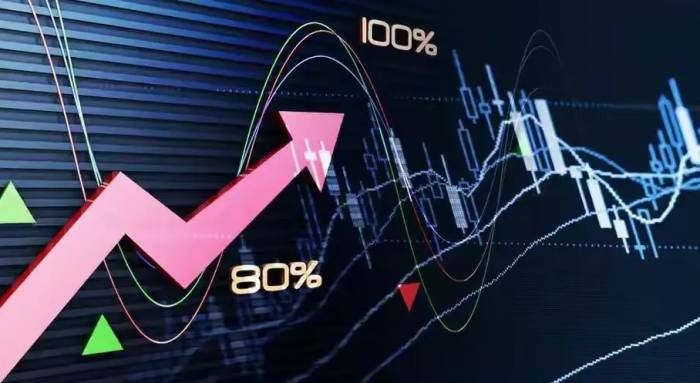

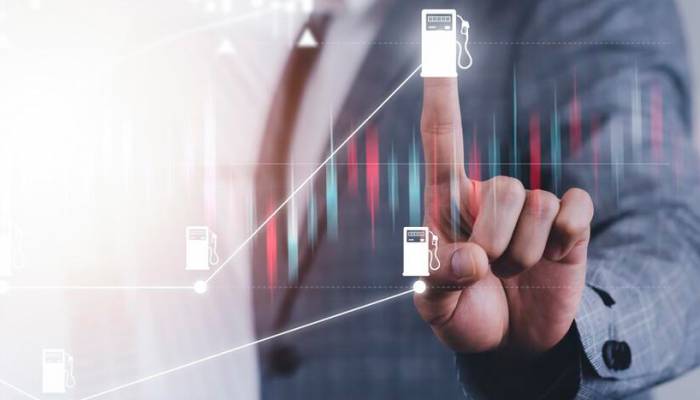
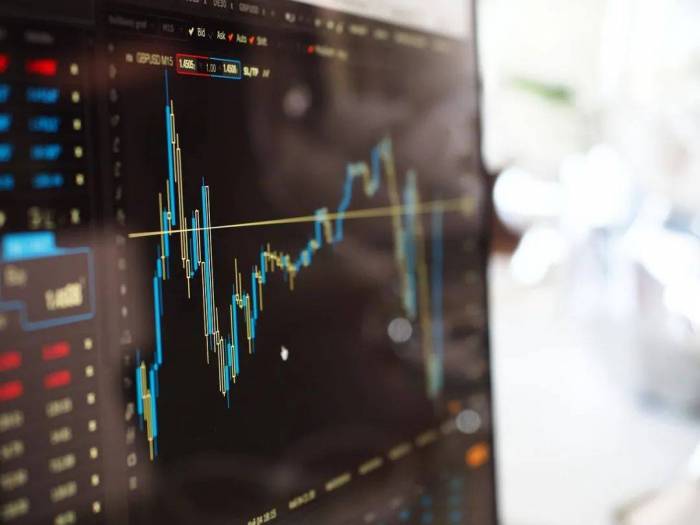
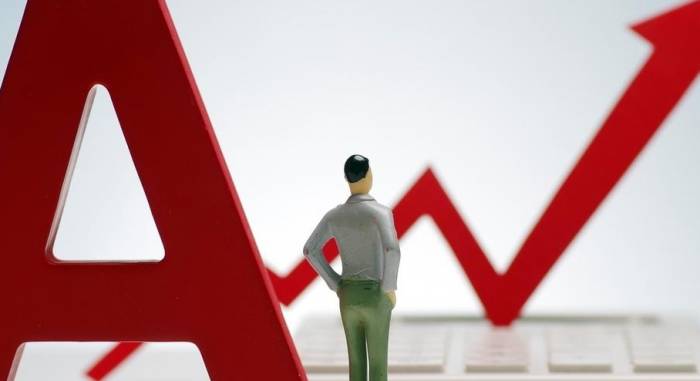
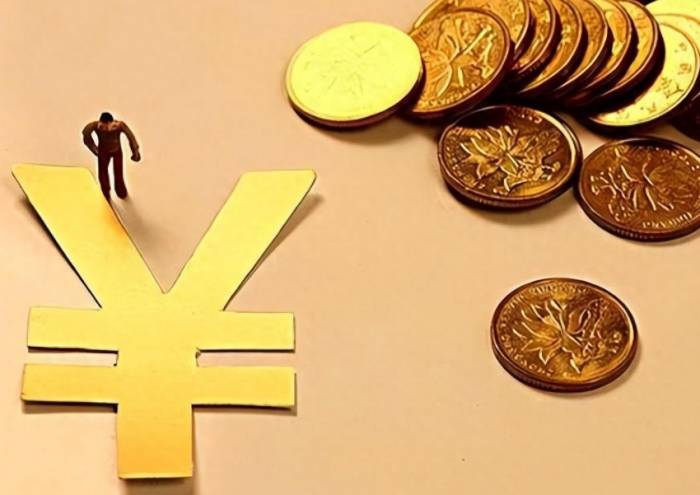
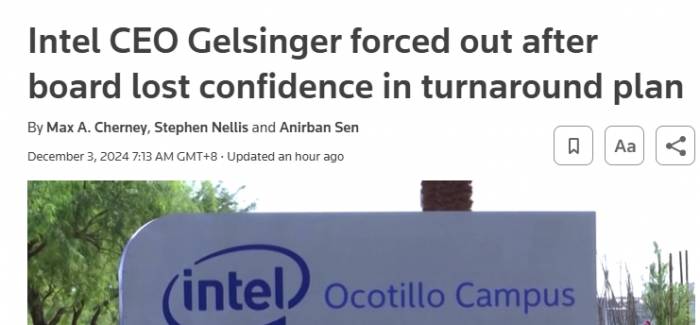
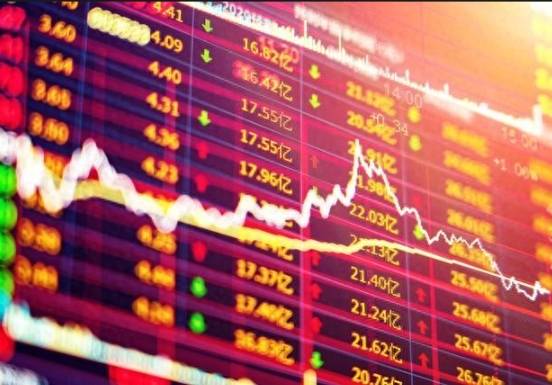
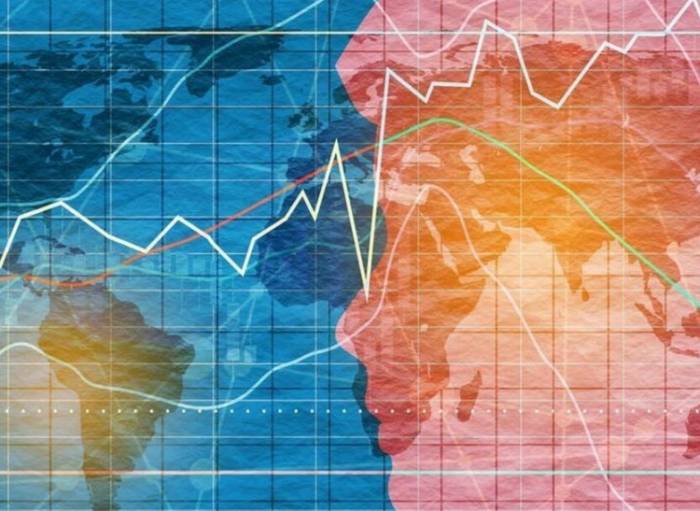
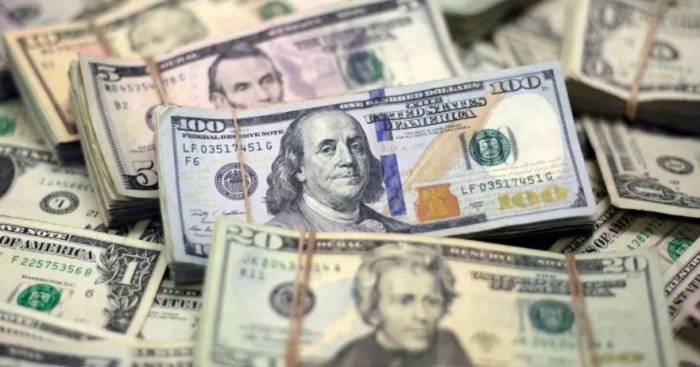
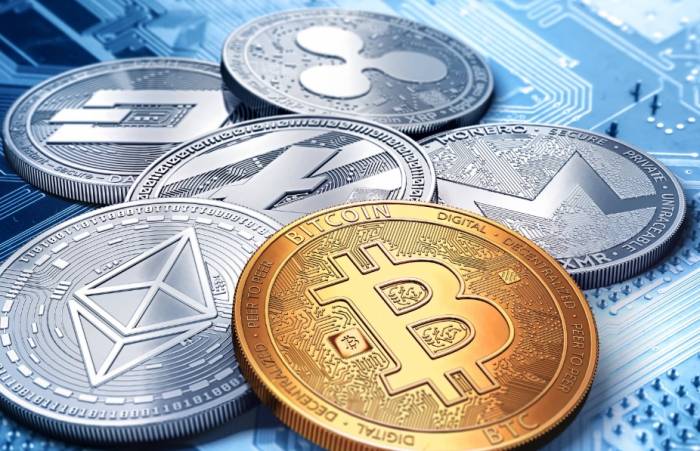
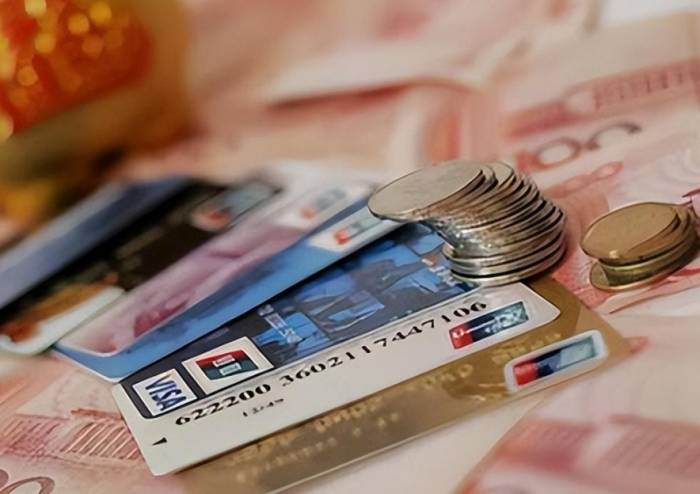
Comments